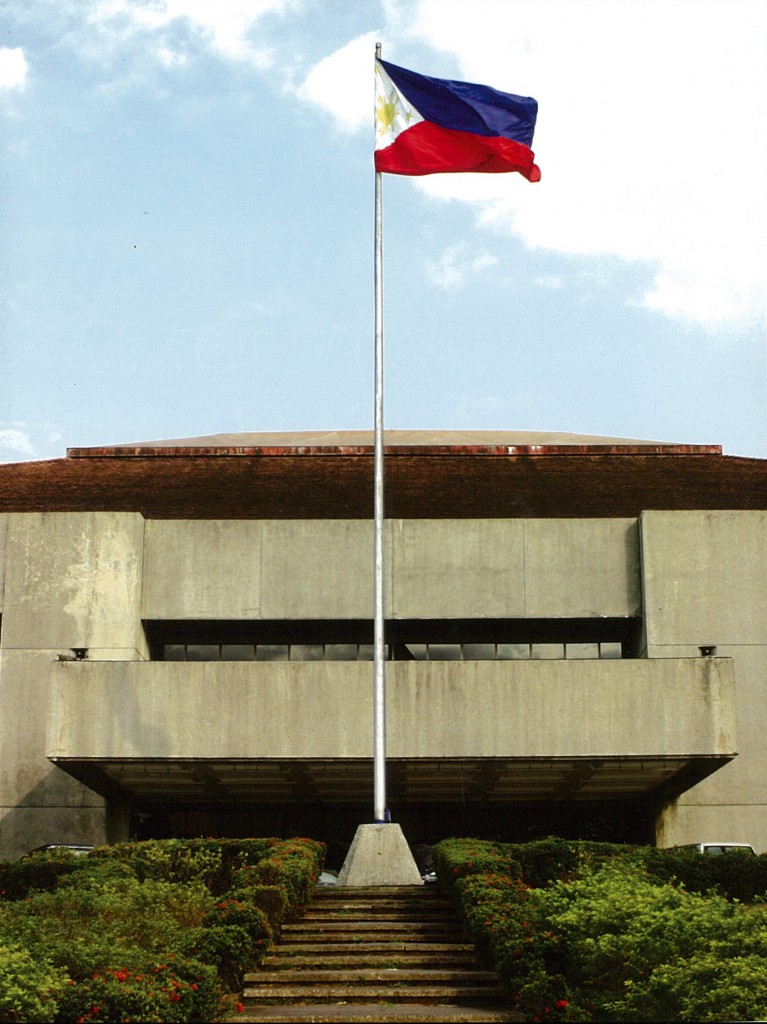
More on naturalization aside from legislative: ON JUDICIAL NATURALIZATION
-
Congress has the authority to grant Filipino citizenship to foreign nationals
-
Legislative naturalization is commenced by filing a bill by any member of the Congress
-
The Certificate of Naturalization is issued by the Bureau of Immigration
Making good decisions is a crucial skill at every level. – Peter Drucker
In our previous articles, we wrote about administrative and judicial naturalization.
This time, let us talk about legislative naturalization.
If a foreigner made a significant contribution to the public life in the Philippines, he or she may apply to become naturalized citizen of the Philippines through legislative naturalization. Legislative naturalization is done through an act of Congress which is composed of the House of the Representatives and the Senate of the Philippines.
In the case of legislative naturalization, Filipino citizenship may be acquired by any interested foreigner who has made the said significant contribution as mentioned above when a naturalization bill has been filed by any member or the House of the Representatives or the Senate of the Philippines.
Thus, the legislative naturalization has to undergo the requirement of three readings on separate days in the house of Congress where it originates. In other words, if the naturalization bill was filed or sponsored by a member of the House of Representatives, is has to pass the three readings on separate days in the House of the Representatives. Same goes should the bill was file or originated from the Senate of the Philippines.
If the naturalization bill successfully passed the said three readings and was subsequently approved by an affirmative vote of the majority of the members present, said naturalization bill will be transmitted to the other house of Congress which is the Senate of the Philippines (or to the House of Representatives as the case may be) for the same legislative process, that is three readings on separate days.
Should there be no problem between the versions of the naturalization bill from the two houses, copies of the bill will be transmitted to the President of the Philippines for his signature and approval. Thereafter, the bill now becomes a law. The foreigner applicant is now considered a naturalized Filipino citizen who is to enjoy same rights and responsibilities of a fellow Filipino citizen after the publication of the naturalization law, oath taking and the issuance of a Certificate of Naturalization by the Bureau of Immigration.
Are there any successful legislative naturalization in the Philippines?
The law says:
Yes.
In fact, Republic Act No. 10148 granted the Philippine Citizenship to Marcus Douhtit who became a naturalized Filipino citizen on March 11, 2011. Another is Republic Act No. 10636 which granted Philippine Citizenship to Andray Blatche.
Alburo Alburo and Associates Law Offices specializes in business law and labor law consulting. For inquiries, you may reach us at info@alburolaw.com, or dial us at (02)7745-4391/0917-5772207.
All rights reserved.
SUBSCRIBE NOW FOR MORE LEGAL UPDATES!
[email-subscribers-form id=”4″]


With havin so much content do you ever run into any problems of plagorism or copyright infringement? My site has a lot of exclusive content I’ve either written myself or outsourced but it looks like a lot of it is popping it up all over the web without my agreement. Do you know any solutions to help stop content from being stolen? I’d genuinely appreciate it.